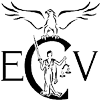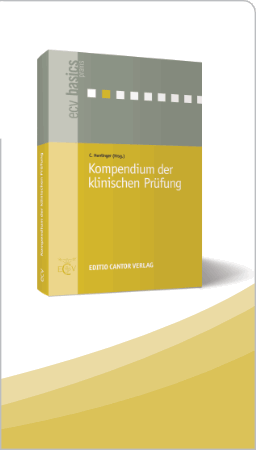Header
Ihr Suchergebnis
Sie recherchieren derzeit unangemeldet.Melden Sie sich an (Login) um den vollen Funktionsumfang der Datenbank nutzen zu können.
Sie suchen in allen Bereichen nach dem Autor Packowski J.
In der Rubrik Zeitschriften haben wir 7 Beiträge für Sie gefunden
-
Game Changer Iran
Rubrik: Ausland
(Treffer aus pharmind, Nr. 07, Seite 1008 (2016))
Packowski J | Dayazada M | Lenhardt M
Game Changer Iran / The Pharmaceutical Market in the Gulf Region · Packowski J, Dayazada M, Lenhardt M · 1CAMELOT Management Consultants AG, Mannheim, Germany und 2Dubai, United Arab Emirates
With a projected annual growth rate of 9.2 % by 2020 the Gulf States 1) are one of the fastest growing pharmaceutical markets in the world. The majority of the Gulf States, comprising mainly the 6 “Gulf Cooperation Council” (GCC) states Bahrain, Kuwait, Qatar, United Arab Emirates (UAE), Saudi Arabia and Oman plus Iran, are importers of patented pharmaceutical products, with overall imports contributing around 70 to 85 % of total consumption. However, certain markets in the Middle East (e.g. Jordan, Egypt, and Saudi Arabia) have a generic drugs manufacturing market, which is continually growing along with the changing demographics in ...
-
Supply Chain Management
Rubrik: Fachthemen
(Treffer aus pharmind, Nr. 10, Seite 1452 (2015))
Packowski J | Gmür A | Reuter C
Supply Chain Management / Part 1: From cost to value · Packowski J, Gmür A, Reuter C · Camelot Management Consultants AG, 1Mannheim und 2Basel, Switzerland
Pharmaceutical companies presently face a multitude of market developments. Most of these developments have the same root cause: a shift in product development from the time-worn focus on physical products to a comprehensive consideration of actual patient needs. While this sounds very simple, it has to be understood in the context of an industry where the patients as the end customers traditionally have been neither in direct contact with producers nor able to make buying decisions regarding complex drugs on their own. However, innovative (sometimes even individualized) drugs and new information technologies require and enable new information flows and affect ...
-
LEAN SCM
Rubrik: Fachthemen
(Treffer aus pharmind, Nr. 07, Seite 1041 (2014))
LEAN SCM / Part 5: Integration of LEAN SCM*Part 1, 2, 3, 4 see Pharm Ind. 2014;76(1):69-73; 2014;76(2):190-194; 2014;76(3):689-693, and 2014;76(6):878-882, respectively. · Packowski J, Streuber P · Camelot Management Consultants AG, Mannheim, Germany
Supply chain management (SCM) requirements in the pharmaceutical sector have changed significantly in recent years. The new buzzword in global supply chain management is adaptation to increasing global complexity and volatility. Growing pressure from financial markets and the difficulty of increasing operating margins and working capital in this environment require efficient planning and execution of global production and replenishment processes. Companies are thus increasingly relying on LEAN SCM – harmonized production and replenishment planning along the entire supply chain, closely managed by IT applications. LEAN SCM is designed expressly to simplify existing planning processes and improve agile synchronization and variability ...
-
Es gibt 4 weitere Treffer zu Ihrer Anfrage[ Alle Treffer dieser Rubrik anzeigen ]







